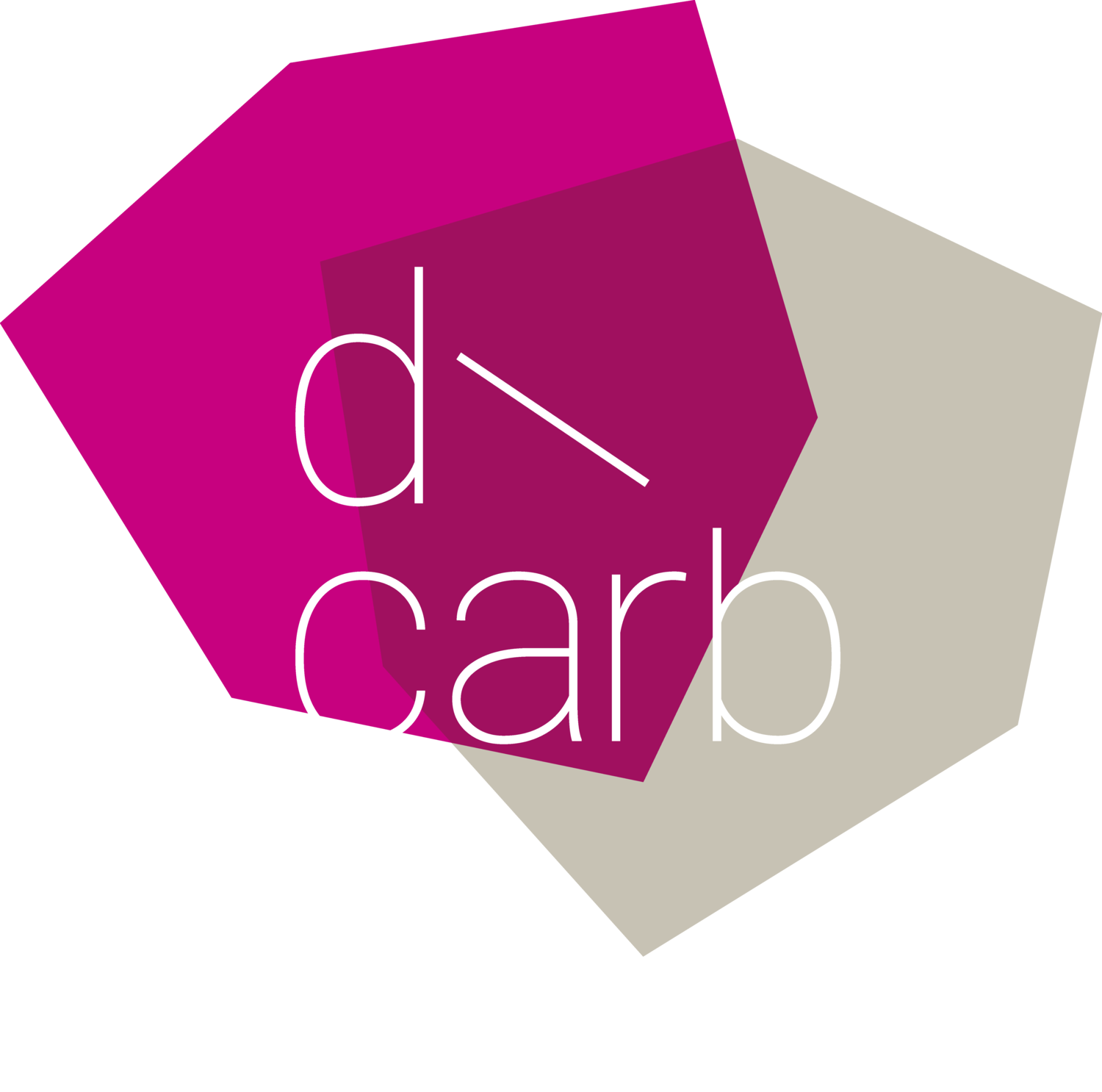Speakers:
Philippa Sigl-Glöckner (head of the German think tank Dezernat Zukunft)
Zsolt Darvas (Senior Fellow at the European think tank Bruegel)
Ann Pettifor (political economist, author, and director of PRIME
The European Union has decided to become climate-neutral by 2050, which would make it the first climate-neutral continent in the world. However, the member states have different abilities to finance the public investments that are needed to fund this green transition. The pandemic has even increased these differences. The big question looming over the Union’s plans is: who will pay for it, and how?
That’s why in part 1 of our series on Green Macroeconomics we will discuss the role of fiscal policy in the green transition:
How much additional public investment does the EU need to achieve carbon neutrality by 2050?
How should these additional expenditures be financed?
Does the European Union have to change its fiscal rules to facilitate the green transition?
We want to discuss what the European green deal means for fiscal policy and how alternative policies can help achieve climate neutrality in the upcoming decades. We are pleased to welcome three distinguished experts on fiscal policy to a panel discussion. Ann Pettifor, a political economist, author, and director of PRIME, outlines in her book "The Case for the Green New Deal" possible measures for the green transformation of our economy. Zsolt Darvas, Senior Fellow at the European think tank Bruegel, argues in favour of a green golden rule for investments into carbon neutrality. Philippa Sigl-Glöckner, head of the German think tank Dezernat Zukunft, aims for a social, sustainable, and shaping financial policy.


